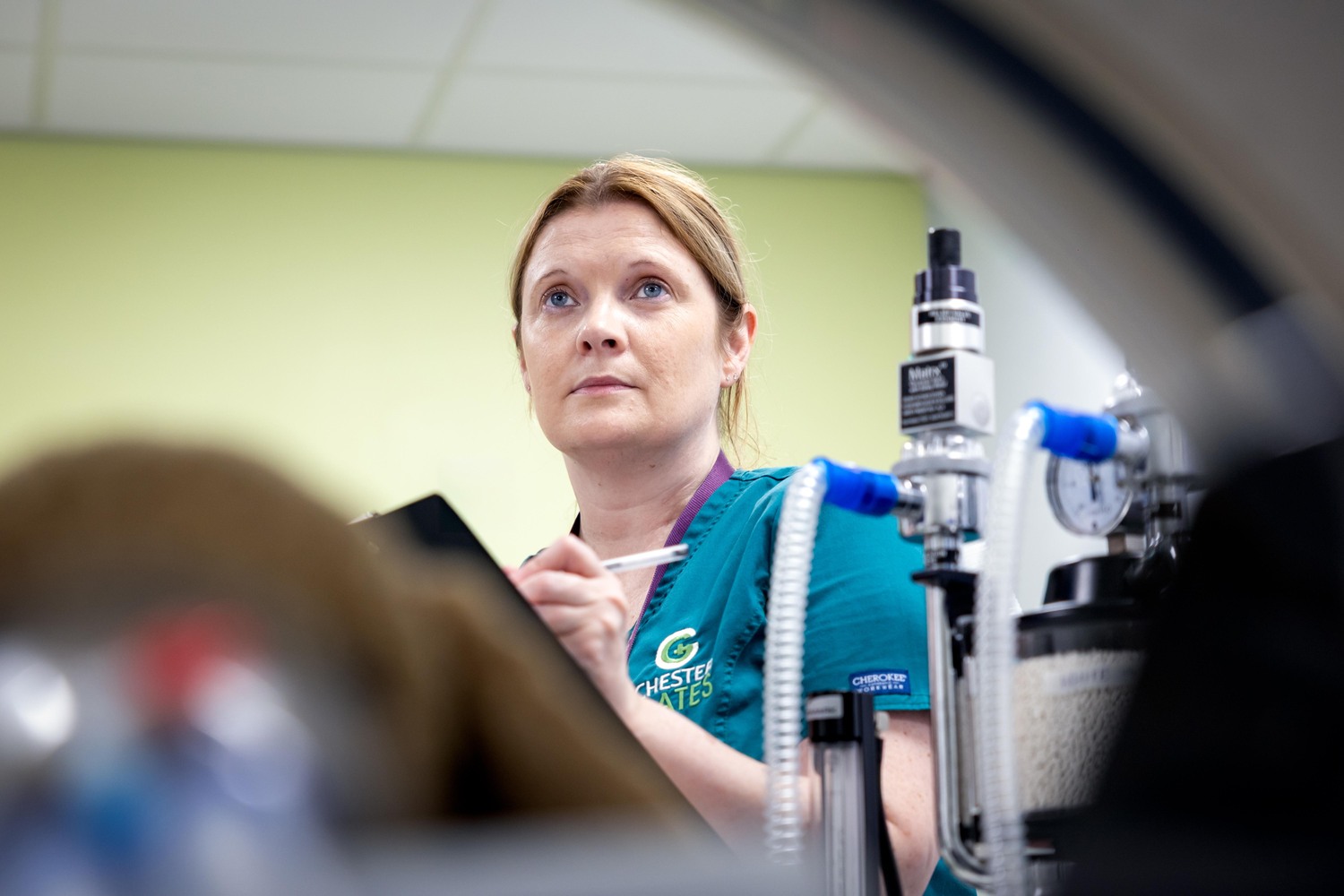HOW TO…
make the most of your nurses?

Unlocking the full potential of veterinary nurses in practice
Veterinary nurses are the backbone of clinical care, yet their full potential is often underutilised in practice. As the veterinary industry continues to evolve, so too must our approach to empowering these skilled professionals. From clinical excellence to client communication, veterinary nurses bring a wealth of expertise that can transform patient outcomes and practice efficiency - if we let them.
The changing landscape of veterinary nursing
Over the past decade, the role of the veterinary nurse has undergone a significant transformation. With increased support for Schedule 3 procedures, expanded post-qualification pathways, and a growing emphasis on nurse-led clinics, the profession is finally gaining recognition for its depth and value.
However, progress is uneven. In some practices, nurses remain confined to routine tasks and administrative duties, missing opportunities to contribute meaningfully to patient care. This underutilisation not only affects clinical outcomes but also impacts morale, retention, and team cohesion.
The cost of underutilisation
When veterinary nurses are not empowered to work to the full scope of their training, the consequences ripple across the practice. Missed opportunities for early intervention - such as pain scoring and analgesia planning - can delay treatment and compromise patient welfare. Nurses, who often have the most consistent contact with patients, are uniquely positioned to identify subtle changes in condition and advocate for timely care.
For the nurses themselves, being sidelined can lead to frustration, burnout, and a sense of professional stagnation. Talented individuals may seek roles elsewhere, potentially in specialist practices or settings where their skills are better recognised. This loss of experience and continuity can be deeply felt across the team.
Empowerment as a strategic priority
Empowering veterinary nurses is not just a matter of fairness - it’s a strategic imperative. Practices that invest in their nursing teams see tangible benefits: improved patient outcomes, enhanced client satisfaction, and greater operational efficiency. Empowered nurses contribute to care planning, lead clinics, and drive quality improvement initiatives.
Creating a culture of empowerment starts with trust. Nurses should be actively involved in decision-making, encouraged to pursue further qualifications, and supported in taking on leadership roles. Autonomy and visibility are key - when nurses are seen and heard, their impact multiplies.
Practical steps to optimise nursing roles
To truly make the most of your veterinary nurses, consider the following strategies:
1. Recognise clinical expertise. Involve nurses in patient care planning, especially in areas like pain management, nutrition, and rehabilitation. Their insights from daily patient interactions are invaluable.
2. Invest in continuing professional development (CPD). Support nurses in attending conferences, pursuing certificates and diplomas, and exploring specialist interests. CPD not only enhances clinical skills but also boosts confidence and job satisfaction.
3. Create career pathways. Offer structured progression routes, from senior nurse roles to clinical leadership positions. Clear pathways help retain talent and foster ambition.
4. Enable autonomy. Encourage nurse-led clinics in areas such as weight management, behaviour, physiotherapy, and post-operative care. These clinics improve patient outcomes and free up vet time.
5. Promote visibility. Celebrate the contributions of your nursing team through open evenings, social media, and client communications. Visibility builds respect and strengthens the nurse-client bond.
6. Support wellbeing. Ensure fair rotas, protected breaks, and a positive team culture. A well-supported nurse is more likely to thrive and stay.
CVS Nursing Career Pathway
CVS has introduced a Nursing Career Pathway demonstrating clear career progression for nurses across its first opinion, referral and equine practices.
The objective is to show the opportunity of a lifelong career and where it could lead, as well as supporting clinical leaders who are having conversations with nurses about their development.
In addition to giving structure to CVS’ nursing careers, the pathway shows the opportunity to progress through either clinical or team leadership and how nurses can move into management roles - either in practice or within the wider CVS Group.
Behind each level in the pathway there sits a curriculum of learning which starts at the crucial stage of being newly qualified, and then moves into three clinical activity levels. Level 3 nurses for example, would regularly undertake advanced Schedule 3 nursing procedures - such as tail amputations and mass removals, as well as diagnostics - such as MRI and ultrasound.
Beyond this, there are opportunities to become a CVS clinical or team lead, reflecting the direction of the nurse’s careers, with the former leading a defined area of clinical practice and the latter responsible for line managing some of the nursing team.
Case Study: Beech House Vets, Manchester
At Beech House Vets in Radcliffe, Senior Clinical Director Ellen Coker has championed a nurse-empowerment ethos that has transformed practice operations. Nurses at Beech House lead daily clinics, manage anaesthesia, perform radiography and stage 1 dental procedures, and coordinate inpatient care. Certificate-holding nurses run behavioural and physiotherapy clinics, showcasing the depth of expertise within the team.
The results speak for themselves: improved patient care, enhanced client experiences, and increased job satisfaction among nurses. Open evenings are planned to further highlight the vital role nurses play in veterinary care, strengthening community engagement and professional pride.
Conclusion: A call to action
Veterinary nurses are not just support staff - they are clinical professionals, educators, advocates, and leaders. To make the most of their skills, practices must move beyond token gestures and commit to meaningful empowerment. By recognising their expertise, investing in their growth, and trusting them with responsibility, we build stronger teams and deliver better care.
The future of veterinary practice depends on collaboration, respect, and shared purpose. Let’s ensure our nurses are at the heart of that vision.
